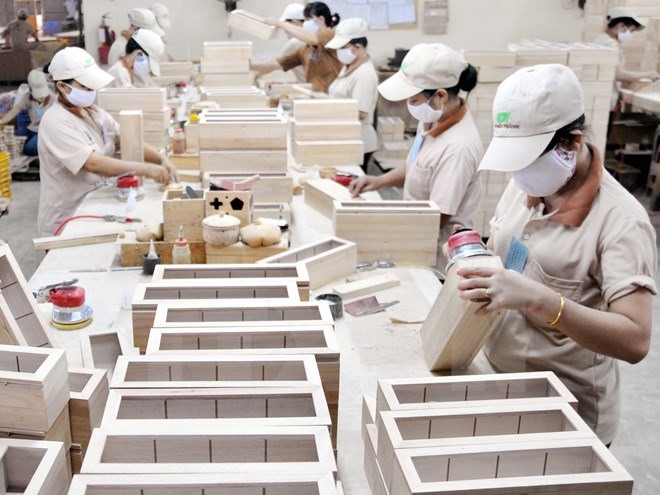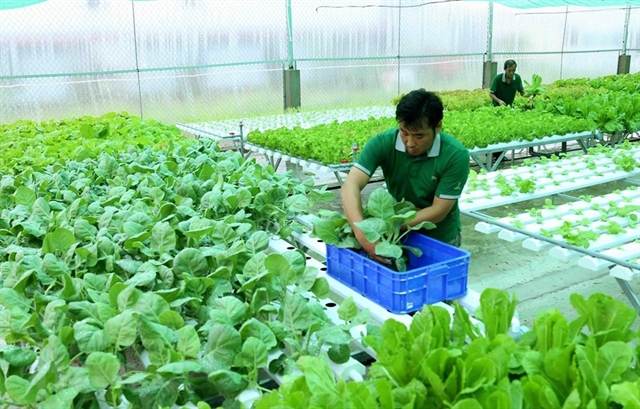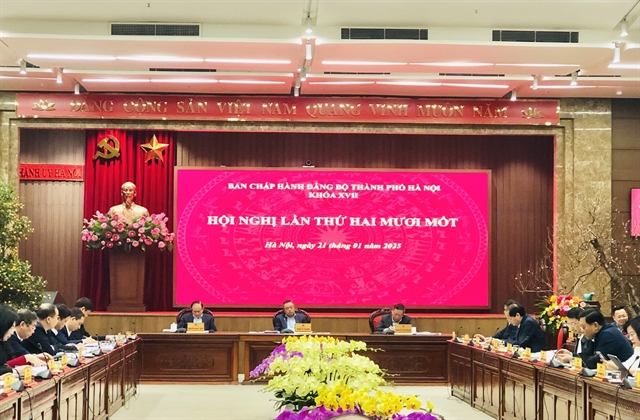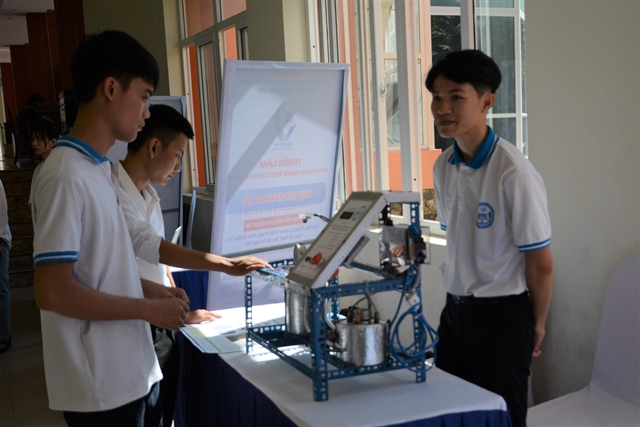.jpg) Economy
Economy
.jpg)
Negotiations between Việt Nam and the European Union to expand the export of wood and wood products to Europe are expected to be complete by the end of the year.
 |
| Negotiations between Việt Nam and the European Union to expand the export of wood and wood products to Europe are expected to be complete by the end of the year. — VNA/VNS Photo An Hiếu |
HÀ NỘI – Negotiations between Việt Nam and the European Union to expand the export of wood and wood products to Europe are expected to be complete by the end of the year.
The information was released by Ambassador Bruno Angelet, head of the Delegation of the European Union to Việt Nam at a meeting of the Việt Nam Administration of Forestry (VNAF) on Friday.
The purpose of the Forest Law Enforcement, Governance and Trade (FLEGT) Voluntary Partnership Agreement (VPA/FLEGT) is to expand Việt Nam’s wood and wood product export market to the EU through a mechanism called the Timber Legality Assurance System of Việt Nam (VNTLAS), which grants certifications for wood shipments to the EU.
Owners of shipments with FLEGT certifications will not have to declare the legal origin of the wood in line with the European Union Timber Regulation.
The deputy head of the Administration’s Science, Technology and International Co-operation Department, Nguyễn Tường Vân, said FLEGT certifications were only granted by countries which sign Voluntary Partnership Agreements with the EU.
Currently, six nations have partnered with the EU including Indonesia, Liberia, Congo, Ghana, Cameroon, and the Central African Republic; and three others are in negotiations.
On November 15, Indonesia’s first wood and wood product shipment will be FLEGT certified. This is good news for Việt Nam, which also imports wood materials from Indonesia for furniture export to the EU, Vân said.
Nguyễn Văn Hà, VNAF deputy director who is also head of the Vietnamese negotiating team, said talks started in November 2010 and have included 16 technical negotiation rounds and eight high-level talks. A signing ceremony to wrap up the negotiations is planned on November 18 and the agreement is set to be inked later this year.
Angelet said there was still work ahead after the agreement signing because it was not simple to change habits of forest planting, wood processing and timber product exportation. – VNS
.jpg)








